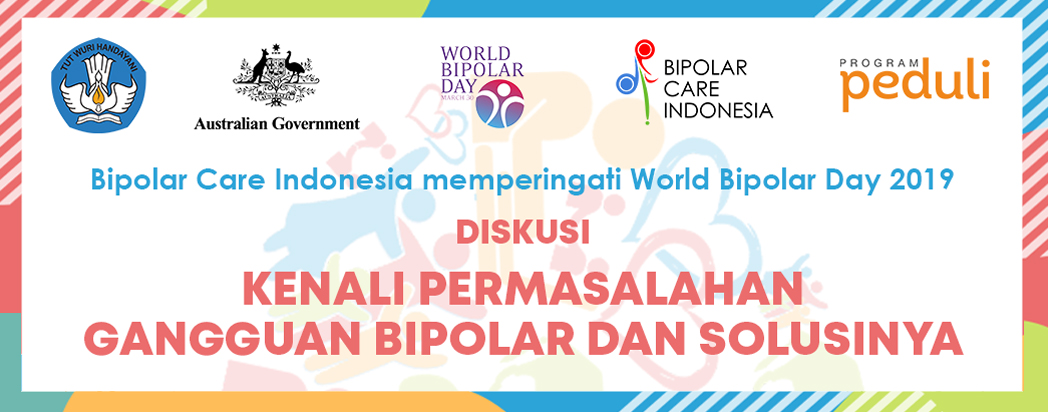How to Write a Personal Statement for Overseas Universities

Have you always dreamed of studying abroad? If so, now is the perfect opportunity to apply for a scholarship to overseas universities, especially if your dream destination is the United Kingdom!
Together with 12 UK universities, the British Council is offering 12 postgraduate scholarships, totaling £130,000, through its “GREAT 2020-Indonesia Scholarship Campaign”. Each successful candidate is eligible to receive up to £10,000.
To be eligible for the scholarship, you must first have an acceptance from a UK university. But, how can you make sure your post-graduate application successful?
In addition to meeting the academic requirements, including a valid English score, universities often request a personal statement from candidates.
What is a personal statement? It is a sample of your writing, often around two pages, that describes your reasons for choosing the programme, research interests, objectives, and the unique and specific ways you can contribute to the programme to which you are applying to.
A great personal statement usually conveys five things. First, your writing abilities, which include your grammar, punctuation, organization, creativity, and expression. Second, it shows the connection between your past education or experiences and future goals. Third, your reasons for pursuing your chosen area of study. Fourth, what makes you unique and the ways you will enrich the programme. Lastly, it must show how you can an asset to the university and your field of study, especially in your future career.
A personal statement must tell stories that demonstrate your strengths and fit for the academic programme. You must be aware that is not just a list of your accomplishments or an opportunity to demonstrate your creative writing skills. Keep away from flowery details and instead make it academic and subject-focused. Structure the statements around your interests, and focus on particular ideas and activities. Try to link it with a consistent theme throughout. Avoid using clichéd phrases such as “from a young age”, “sparked my interest”, and “passion”.
Now how do you start the writing process? Make sure you allow enough time to write your personal statement. Ideally, you should work on it for at least a month. Next, prepare a checklist: did you provide an explanation of why you have chosen this course? Did you demonstrate your enthusiasm for and commitment to your chosen course? Provide answers about the benefits you expect to gain from the programme and the skills and experiences you possess that makes you a suitable candidate.
To make it easier to write the essay, create an outline for each paragraph before you write, to make sure that all components of the question being asked are addressed.
Some more tips in writing the personal statement:
- Write in the active voice.
- Be yourself – don’t use words or styles you wouldn’t normally use.
- Be clear, concise, and direct. Make each word meaningful.
- Try not to repeat an idea too many times.
- Don’t write an autobiography. You are marketing your fit to the academic programme, not telling your life story.
- Avoid writing what you think sounds impressive–clever sounding quotes, flowery language, etc.
- Follow directions regarding length. If no limit is given, aim for 1.5 to 2 pages of single-spaced text.
- Link your paragraphs with transitions.
- End your essay with a conclusion that refers to the introduction, relates to your theme, or summarizes your main points.
- Revise your essay at least three times.
- Ask someone to critique your personal statement and then proofread!
If you’d like to learn more about personal statement and improving your English skill, you may check out British Council Indonesia Teaching Centre courses and learn with the English expert to help achieve your goals.
Good luck!
This article is brought to you by Magdalene and British Council Indonesia. Read the Indonesian version here.





















